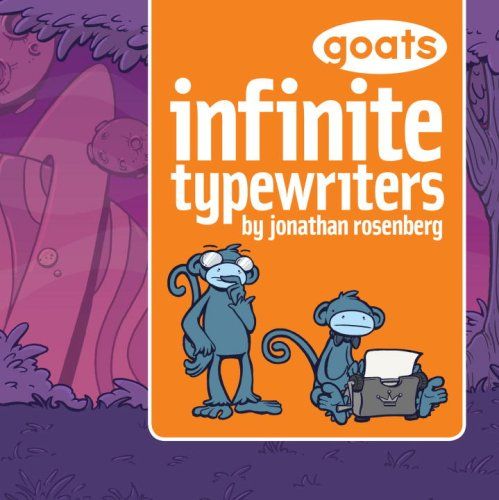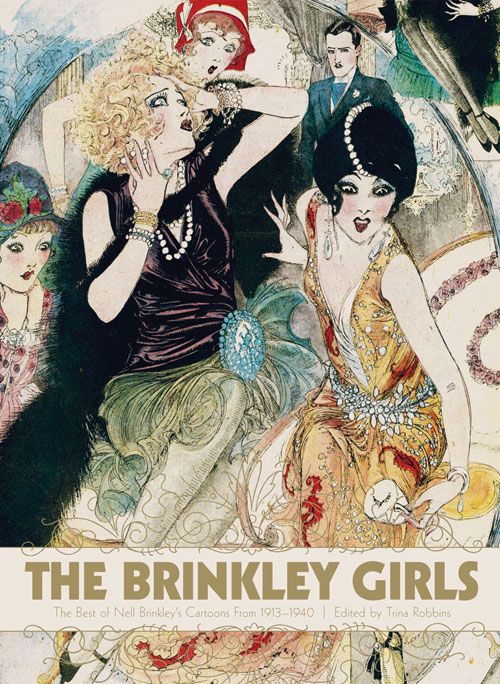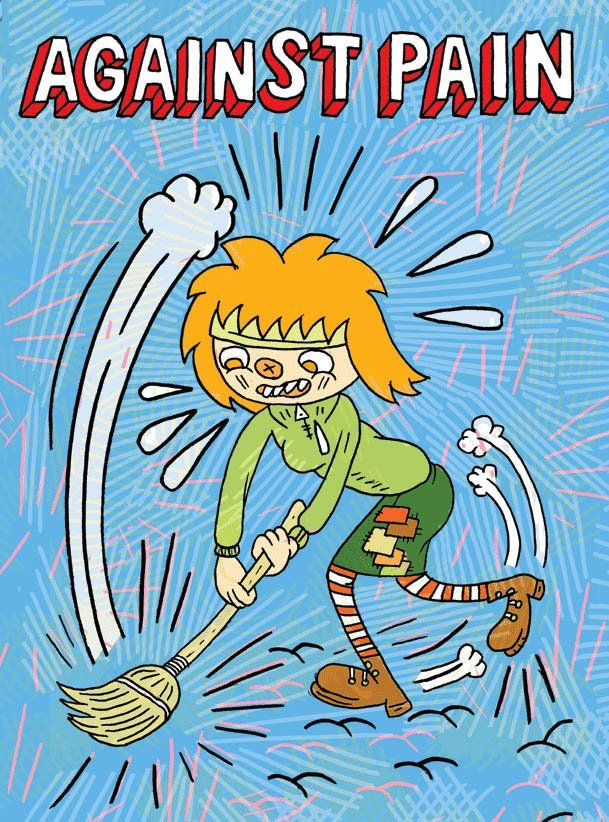Goats: Infinite Typewriters
by Jonathan Rosenberg
Del Rey, 176 pages, $14
A strange thing happened to me while reading this collection of Rosenberg's well-known webcomic about a pair of clueless programmers, an evil chicken, a goat, a fish and an even more evil baby chick. Initially I wrote the comic off as one of the many smarmy, self-conscious humor strips that proliferate the Net with their cute pop culture references and deliberate bizarre and often violent antics -- antics that often make me think that Berkeley Breathed had a lot to answer for.
But then as I dove further into the book I found Rosenberg attempting to, if not deepen his story, at least stretch it out into something more epic and knotty. Plot lines started to weave into each other. Philosophical and political themes started to emerge and the parodies started to get a bit more thoughtful than "celebrities suck." He seemed to be trying to create something beyond his initial gag-a-day formula and I find it tough not to admire that. He still has yet to create a character I feel any empathy for and I'm not sure he has the artistic chops to match his ambition, but I like his moxie.
The Brinkley Girls: The Best of Nell Brinkley's Cartoons 1913-1940
Edited by Trina Robbins
Fantagraphics Books, 136 pages, $29.99
First things first: Brinkley was an amazing artist and craftsman and there are pages here that will stun you in their detail and composition. Let's get that out of the way right away. As I suggested in a recent WAYR column, Brinkley never met a curl of the hair or swish of the cloth she didn't like, and her large one-page newspaper illustrations are crammed to the brim with both. In a way, you could find parallels between her and the Image artists, except that she has a much better understanding of basic human anatomy.
And yet I find myself asking what it is all in service to. As talented as Brinkley is, she comes from a bygone era where the prose was purple and florid to the point of annoyance (a point which Robbins pretty much acquiesces), and her characters, though noble and at times brave, ultimately remain bubble-headed simpletons who's main goal in life is to sigh lovingly on the shoulders of their rugged, handsome mates, in between squeezing out babies no doubt.
I feel bad slagging Brinkley's work for simply being a product of its time, but the fact remains it's the sort of book where you admire the artistry and little else. Brinkley certainly is an artistic inspiration, and those seeking that sort of inspiration from yesteryear would do well to seek her out, but those seeking qualities like storytelling and characterization should go elsewhere.
War Stories: A Graphic History
by Mike Conroy
Collins Design, 192 pages, $24.99
Conroy surveys the history of war comics from the early days of the industry up to modern times, though he organizes the book in chronological order of the wars the various comics portrayed, which is as good a method as any, and gives Conroy the benefit of being able to compare and contrast how various creators and generations looked at particular clashes.
Conroy has a strong enough grasp of comics history to not only include obvious choices like Frontline Combat and Sgt. Fury and His Howling Commandos, but also Jacques Tardi's It Was the War of the Trenches and Keiji Nakazawa's Barefoot Gen, with a healthy sampling of British war books (which is not surprising considering Conroy is British). What Conroy has in breadth, however, he lacks in depth. With each section taking up only two pages, and one page of that being art, there's little space for deep analysis or insight into these comics. Conroy writes with passion and knowledge, but his book is ultimately too cursorary and brief to be of use to a serious -- or even amateur -- scholar.
Against Pain
by Ron Rege Jr.
Drawn and Quarterly, $24.95.
There are basically two reasons to get this book: High School Analogy, the best Spider-Man story ever written that doesn't have the names Lee and Ditko attached (and yes, I'm being serious); and We Must Know, We Will Know, his loose look at math and math history. Those are both, by the way, excellent reasons. If you need further incentive though, I'll simply say the rest of the material here isn't too shabby either.





